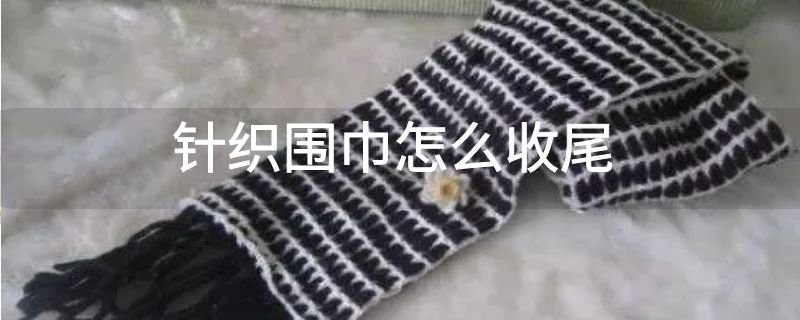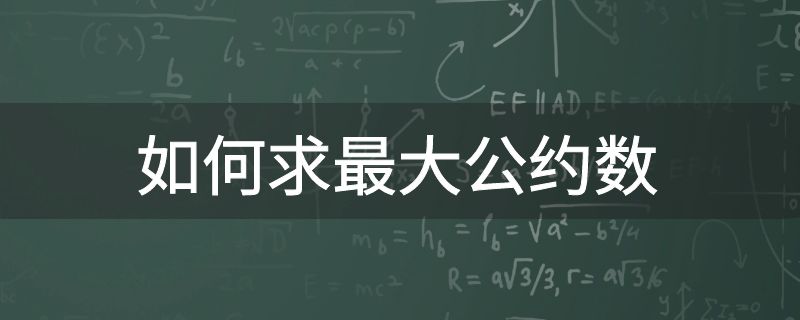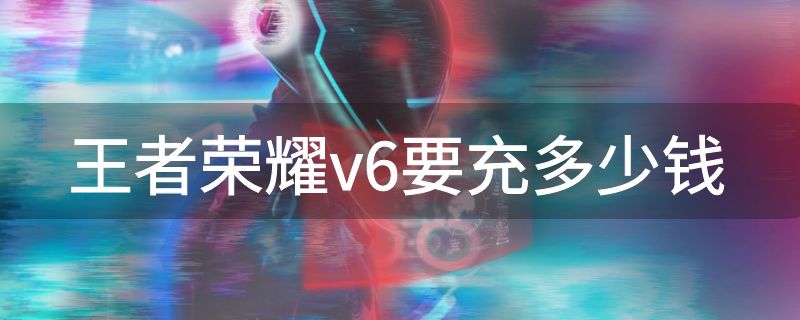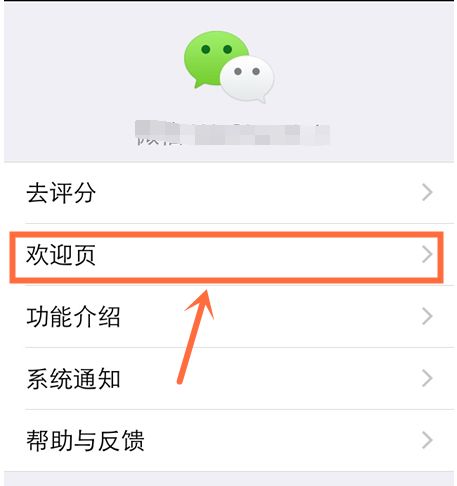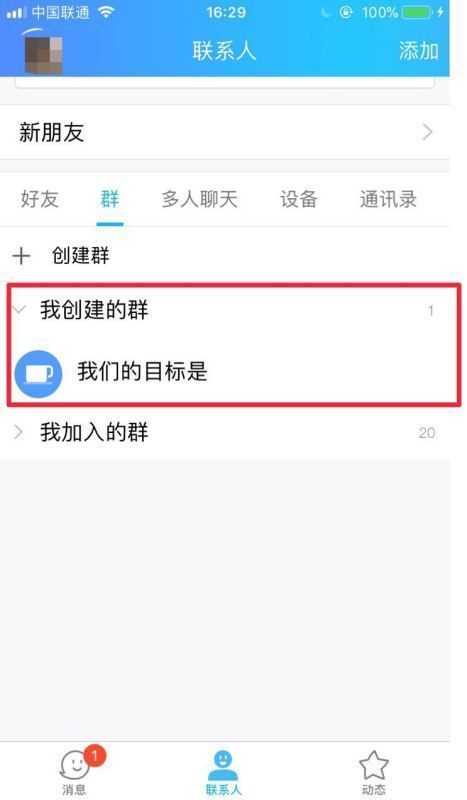Q1:When while as的區別和用法
(1)
若主句表示的是一個短暫性動作,從句表示的是一個持續性動作,三者都可用:He fell asleep when [while, as] he was reading.
他看書時睡著了。
【注】
as 用於引出一個持續性動詞表示“在„„期間”時,其謂語通常只能是那些含有動作
(action)
和發展(development)
意味的動詞,
一般不能是那些不用於進行時態的動詞
(如be, seem, love,
want, agree, see, know, have
等),所以下面一句中的
while
不能換為as:A:
Im going to the post office.
我要去郵局。
B:While you
’are there, can you get me some stamps?
當你在郵局時,能幫我買幾張郵票嗎
? (2)
若主、從句表示兩個同時進行的持續性動作,且強調主句表示的動作延續到從句所指的整
個時間,通常要用
while:Dont talk while you are eating.
吃飯時不要說話。
I kept silent while he was writing.
在他寫的時候,我默不做聲。但是,若主從句表示的兩個同時進行的動作含有“一邊„一邊”之意思,通常用
as:She sang as she went along.
她邊走邊唱。
(3) 若從句是一個短暫性動作,主句是一個持續性動作,可用as / when 但不用while:
It was raining hard when [as] we arrived.
我們到達時正下著大雨。
(4)
若主從句表示的是兩個同時
(或幾乎同時)
發生的短暫性動作,用
as / when:
I thought of it just when [as] you opened your mouth.
就在你要說的時候,我也想到了。
(5)
若要表示兩個正在發展變化的情況,相當於漢語的“隨著”
,一般用as:
Things are getting better and better as time goes on.
隨著時間的推移,情況越來越好。
As it grew darker, it became colder.
天色越晚,天氣越冷。
(6) 表示“每當„的時候”
(暗示一種規律性),一般要用
whe:It
’
s cold when it snows.
下雪時天冷。He smiles when you praise him.
你夸獎他時他總是笑笑。(7)
若主從句所表示的動作不是同時發生,而是有先後順序時,一般要用when
:I will go home when he comes back.
他回來時,我就回家去。
We were about to start when it began to rain.
我們正要出發,這時天開始下雨了。He likes coffee, while she likes tea.
他喜歡咖啡,而她卻喜歡茶。(9) as 和when
後均可直接跟一個名詞,構成省略句,但
while 一般不這樣用:
As [When] a boy, he lived in Japan.
他小時候在日本。
10) when
和while
後可接現在分詞、
介詞短語、
形容詞等構成省略句,
但as 一般不這樣用:
When [While] reading, he fell asleep.
他看書時睡著了。
When [While] in trouble, ask her for help.
遇到麻煩的時候你就去找她幫忙。
版本二
一、as的意思是
“正當„„時候
(just as
,at the same moment that
)”隨著„„
(while
when)
”它既可表示一個具體的時間點,
也可以表示一段時間。
as
可表示主句和從句的動作同時發生或同時
持續,即“點點重合”
“線線重合”
;又可表示一個動作發生在另一個動作的持續過程中,即“點線
重合”
,但不能表示兩個動作一前一後發生。如果主句和從句的謂語動詞都表示持續性的動作,二
者均可用進行時,也可以一個用進行時,一個用一般時或者都用一般時。例如:
1As I got on the bus
,he got off.
我上車,他下車。
(點點重合)
2、He was writing as I was reading.
我看書時,他在寫字。
(線線重合)
3、The students were talking as the teacher came in.
老師進來時,學生們正在講話。
(點線重合)
二、
while
的意思是“在„„同時
(at the same time that )
”“在„„期間
(for as long as, during the
timethat)while
的本身詞義來看,它只能表示一段時間,不能表示具體的時間點。在時間上
可以是“線線重合”或“點線重合”
,但不能表示“點點重合”
。例如:
1、He was watching TV while she was cooking.
她做飯時,他在看電視。
(線線重合)
2、He was waiting for me while I was working.
我工作的時候,他正等著我。
(線線重合)
3He asked me a question while I was speaking.
我在講話時,他問了我一個問題。
(點線重合)
三、
when
的意思是“當„„時候(
at
the
time
that
)無論什麼時候(
whenever
一„„
就„„(
as soon as)
”在„„以後(
afte)。它表示的時間概念比較廣泛,上述例句中的
as
或
while
均可用
when
代替,因為
when
不但可以表示具體的時間點,而且也可以表示一段時間。在時
間上它既能表示“點點重合”
“線線重合”
,又能表示“點線重合”
。例如、
When he came in
she went out.
他進來,她出去。
(點點重合)
此句中
when
從句的動作表示的是一個時間點,
when
可以用
as
代替,但不能用
while
代替。
2、When he came back,I was doing some washing. 他回來時,我在洗衣服。
(點線重合)此句中
when
從句的動作表示的是一個時間點,所以只能用
as
代替,不能用
while
代替。
Q2:when和while的用法和區別
when和while的用法與區別 :
1、由when引導的時間狀語從句,主句用過去進行時,從句應用一般過去時;如果從句和主句的動作同時發生,兩句都用過去進行時的時候,多用while引導,如:
a. When the teacher came in, we were talking.
當此句改變主從句的位置時,則為:
While we were talking, the teacher came in.
b. They were singing while we were dancing.
2、when和while 還可作並列連詞.when表示“在那時”;while表示“而,卻”,表對照關系.如:
a. The children were running to move the bag of rice when they heard the sound of a motor bike.
孩子們正要跑過去搬開那袋公尺,這時他們聽到了機車的聲音.
b. He is strong while his brother is weak.
他長得很結實,而他弟弟卻很瘦弱.
3、when,while引導時間狀語從句的區別
一、when可以和延續性動詞連用,也可以和短暫性動詞連用;而while只能和延續性動詞連用.
① Why do you want a new job when youve got such a good one already?(get為短暫性動詞)你已經找到如此好的工作,為何還想再找新的?
②Sorry,I was out when you called me.(call為短暫性動詞)對不起,你打電話時我剛好外出了.
③Strike while the iron is hot.(is為延續性動詞,表示一種持續的狀態)趁熱打鐵.
二、when從句的謂語動詞可以在主句謂語動作之前、之後或同時發生;while從句的謂語動作必須是和主句謂語動作同時發生.
1.從句動作在主句動作前發生,只用 when.
①When he had finished his homework,he took a short rest.(finished先發生)當他完成作業後,他休息了一會兒.
②When I got to the airport,the guests had left.(got to後發生)當我趕到飛機場時,客人們已經離開了.
2.從句動作和主句動作同時發生,且從句動作為延續性動詞時,when,while都可使用.
①When /While we were dancing,a stranger came in.(dance為延續性動詞)當我們跳舞時,一位陌生人走了進來.
②When /While she was making a phonecall,I was writing a letter.(make為延續性動詞)當她在打電話時,我正在寫信.
4.在將來時從句中,常用when,且從句須用一般時代替將來時.
①You shall borrow the book when I have finished reading it.在我讀完這本書後,你可以借閱.
②When the manager comes here for a visit next week,Ill talk with him about this.下周,經理來這參觀時,我會和他談談此事.
三、when用於表示“一……就……”的句型中(指過去的事情).
sb.had hardly(=scarcely) done sth.when...=Hardly / Scarcely had sb.done sth.when...
①I had hardly /scarcely closed my eyes when someone knocked at the door.=Hardly / Scarcely had I closed my eyes when someone knocked at the door.我剛一閉上眼,就有人在敲門了.
②I had hardly /scarcely entered my room when the telephone rang.=Hardly /Scarcely had I entered my room when the telephone rang.我剛一走進房門,電話就響了.
Q3:when 和 while 用法的區別有哪些?
when,while都有“當……時候”的意思。
when既可表示某一點時間,也可以表示某一段時間 。
在when引導的時間狀語從句中,其謂語動詞可以是延續性的,也可以是非延續性的,可與主句中的謂語動詞同時發生,也可在其後發生。
while只能表示某一段時間,不能表示某一點時間。在while引導的時間狀語從句中,其謂語動詞只能是延續性的,而且也只能與主句中的謂語動詞同時發生或存在。
when和while的區別還在於:while引導的時間狀語從句多用進行時態,而when引導的時間狀語從句多用一般時態。

